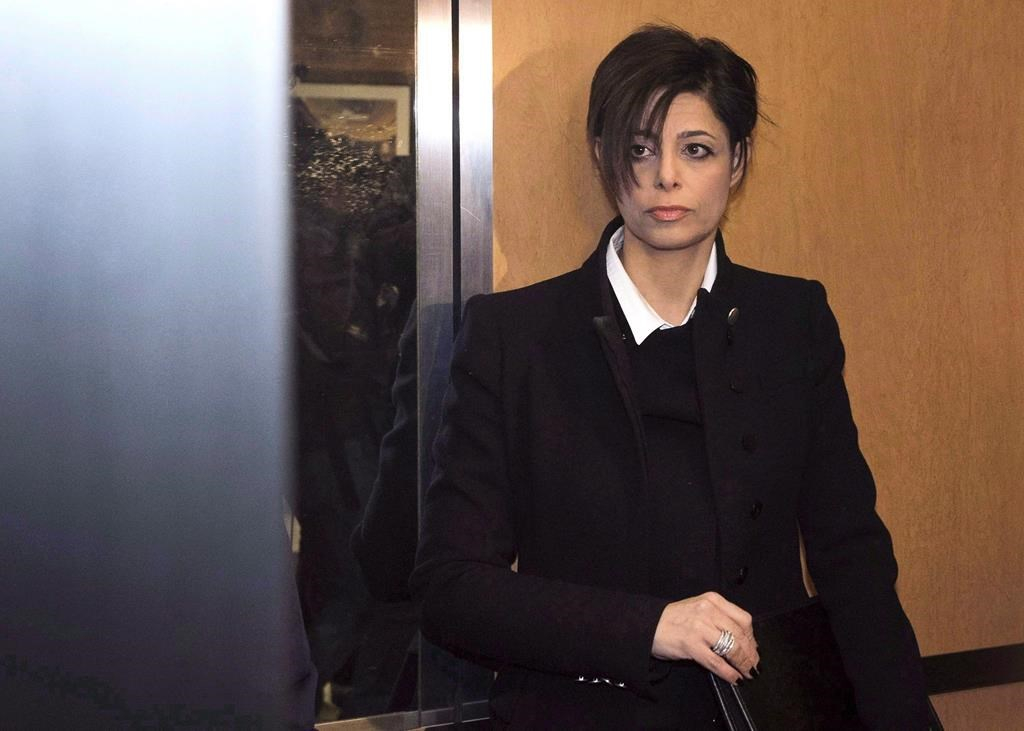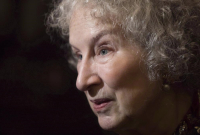Support strong Canadian climate journalism for 2025
Criminal lawyer Marie Henein has thrown her support behind the #MeToo movement, calling it a "necessary social awakening," but warning that it "needs to stop being salacious."
Henein, who has made headlines for representing former CBC host Jian Ghomeshi and ex-Ontario attorney general Michael Bryant, admitted Wednesday evening that she had been intentionally quiet about the movement stemming from sexual assault allegations that have ensnared several high-profile figures.
"I have sort of been avoiding speaking about this topic, not because I don't have views, (because) I do and not because I don't think this is something worth thinking about, but because I worry sometimes that we won't be carefully heard," she said. "I worry when there is a sea of voices, you get drowned out."
Her comments came at a discussion about the movement and how women are treated by and in the law that was hosted by lawyer Kim Stanton at the University of Toronto's Hart House.
Henein said many wrongly assume she is against #MeToo and acknowledged "I have acted for people that have been charged with sexual assault, but that does not mean I am a proponent, supporter or facilitator of sexual assault."
Instead, she said she feels the #MeToo movement is "a social gut check" and "a reminder that we as a society cannot afford to be complacent because we have miles to go."
Henein rattled off statistics about the lack of women leading businesses and in parliamentary roles, but also touched on censorship of #MeToo in Asia.
She also looked overseas to describe how the movement was used to protest a Pakistani girl's rape and pointed out that there are still many women in developing countries who are illiterate or don't even have control over their family's finances.
"These groups cannot be forgotten in this movement," she said. "It is not just about Hollywood or the famous person against who an allegation has been levelled that should capture the front page or the politicians."
She criticized media for the lack of #MeToo stories focused on blue-collar workers, and later called out society for failing to be more accommodating towards women, who are often left to juggle raising children and furthering their career.
It is a problem that has stuck many professions, including law, where Stanton said 50 per cent of women leave the profession in their first five years.
To a rousing round of applause, Henein said she refuses to speak at life-work programs "unless it's an all male audience because that's actually who needs to hear it."
"There is a really easy way to allow you to get to work and allow you to take care of your kids and that is if your partner does some of it," she said. "I would love to see (society) accommodate women to pursue their careers as vigorously as men do and not be saddled by this enormous sense of guilt that if you're not home at 4:30 p.m. and feeding your kids, you are a bad human being."




Comments